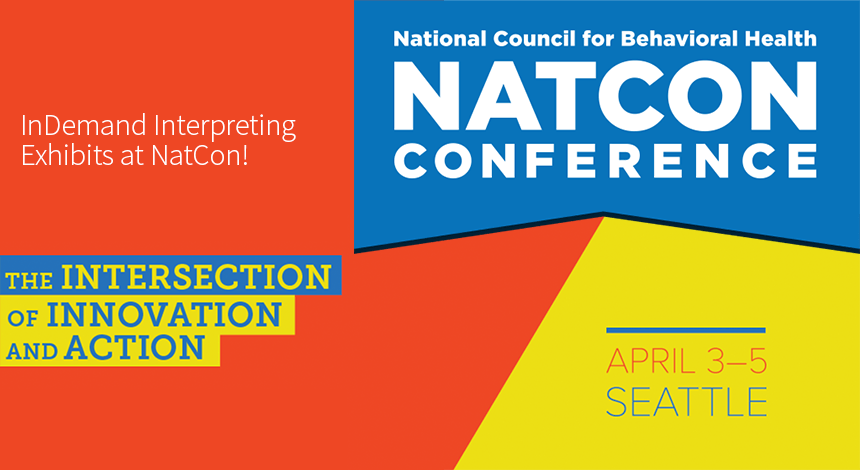Smoking and tobacco use largely contribute to the early death rate among people with behavioral health diagnosis (National Association of State Mental Health Program Directors Medical Directors Council, July 2006; Miller et al., 2006) and many behavioral health center organizations are reluctant to address tobacco use or encourage continued tobacco use (Williams, Stroup, Brunette, & Raney, 2014).
The focus on organizations treating individuals with mental and behavioral health needs is critically important to cancer prevention because these individuals: 1) comprise 21% of the population but represent approximately 44.3% of the tobacco market (Lasser, 2000); 2) account for as many as 50% of annual smoking-related premature deaths (Annamalai, 2015); 3) experience cancer incidence that is 70% higher than the general population predominately due to tobacco use (McGinty, 2012; Howard, 2010; Callaghan, 2014; Sheehan, 2012); and 4) despite the existence of effective treatments and overall decline in tobacco use among the general population, have smoking rates that have remained relatively static over time, suggesting that they benefit less from existing tobacco control interventions than other tobacco users. (Steinberg, 2015; Jasek, 2015; Lawrence, 2016).
Organizational-level interventions are necessary to affect tobacco use rates among subgroups experiencing tobacco-related disparities because they yield greater reach with enhanced cost-effectiveness relative to individual-level treatments. During this session, attendees learned from three panelists representing organizations which have made significant advancements in methods which tobacco treatment and cancer control is being addressed:
Presenters:
Bryce Kyburz, MA from Austin Travis County Integral Care (TX) described how behavioral health clinics in Texas effectively addressed tobacco use among health care recipients and employees and how these strategies can be applied to other behavioral health clinics.
Thomas McCarry, LMHC from The Institute for Family Health (NY) shared how the Institute has built decisional supports into their electronic health records which actively respond to patient’s current readiness to address tobacco use and bridge primary care, case management and behavioral health care; advancements which have increased capacity, consistency and ease in providing collaborative tobacco treatment within the community health center environment.
Rebecca Hartman, MPH from Berks Counseling Center (PA) discussed how and why long term behavioral change around tobacco requires an organizational cultural shift, and the importance of evaluation and measurement in sustaining programs. She will share how their clinic embraced the practice of addressing harm reduction with regard to tobacco free living strategies for clients and strategies for engagement across the organization. In addition, BCC has begun to pilot similar systems change with regard to cancer control by leveraging partnerships with community and state organizations.
Attend NatCon18! April 23 - 25, 2018
Join more than 5,000 leaders – like you – and explore health care’s greatest innovations in practice improvement, financing, integrated health care, technology, policy and advocacy and professional development at the National Council Conference, NatCon18.
